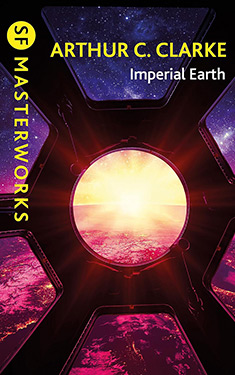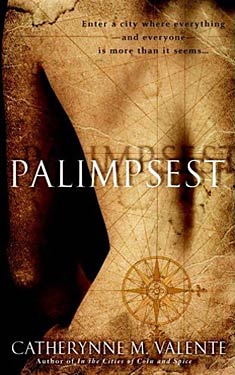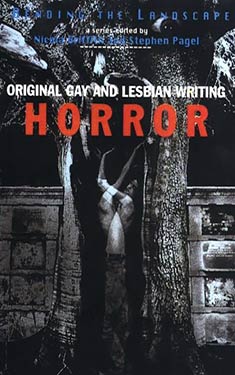Arthur C. Clarke
Completed 7/4/2016, reviewed 7/5/2016
3 stars
Couched in a travelogue story about a man from Titan
visiting the earth to help celebrate the U.S.’s quadricentennial, this novel is
a look at where we can be in another two hundred years. It predicts a future where being bisexual is
the norm and technology has advanced us to a non-aggressive, relatively
peaceful world. It is great reading,
though in place of much action, Clarke’s writing fills you with a sense of
scientific wonder.
 Duncan Makenzie is the second clone of the family which
administers what passes as government on Titan, Saturn’s largest moon. He is chosen by his “parents” to represent
Titan at the
Duncan Makenzie is the second clone of the family which
administers what passes as government on Titan, Saturn’s largest moon. He is chosen by his “parents” to represent
Titan at the
The plot is dotted with scientific and social
predictions. Clarke spends a lot of time
talking about space travel using hydrogen.
Titan is primarily a hydrogen mining colony for this purpose, holding up
its economy with this industry. He also
talks a lot about the search for extraterrestrials and the technology needed to
accomplish this. A little more closer to today, Clarke predicts the internet,
hand held devices, and Skype, although their use is still command line oriented
rather than graphical interfaces. And
granted, picture phone calls have been predicted for a long time.
Clarke predicts that technology has made the world a better
place, more peaceful, with very little violence. This is a dream that many writers have
fantasized about, but we never seem to accomplish. Looking at life today, the growth of
technology has done nothing for peace.
Even the work week for many of us has stretched beyond forty hours
rather than shrinking it, increasing stress rather than reducing it. Today, it is still a pipe dream, but perhaps
it can still be something to hope for.
Also on the social level, I found it very interesting that
Clarke did a terrific job writing about a bi-normative society with minimal
propaganda. He doesn’t beat us over the
head with it, it just is. Duncan simply loved both
Karl and Calindy when he was younger.
This is very refreshing and amazing for a book published in 1976.
There is one part that is disturbing, the cloning
process. Successfully cloned embryos are
gestated by a farm of women who want to have children. The disturbing part is that they are mentally
or physically disabled in some way. It’s
like Clarke is saying that these women have no option for having children other
than by joining a baby making farm. He’s
also saying that these women want to have children for the sake of the birthing
of children and giving them away, not for the sake of loving and raising
them. I can’t imagine where he got this
idea.
I give this book three stars out of five. Really, it’s a four star book, but I took off
one star because of the baby farm concept.
That was too disturbing to ignore in rating the book. Otherwise, it was very readable despite the
hard science. The chapters are short,
making the technology easy to follow, rather than being overly long complex descriptions. The character of Duncan is extremely well developed, and the
distinction between himself and his “fathers” is subtle but tangible. The plot may be a little thin, being
primarily a travelogue, but it is a very good, interesting read.

